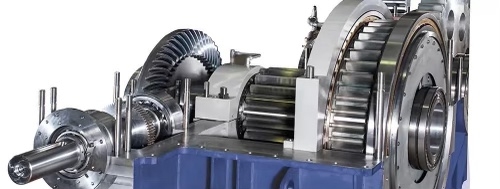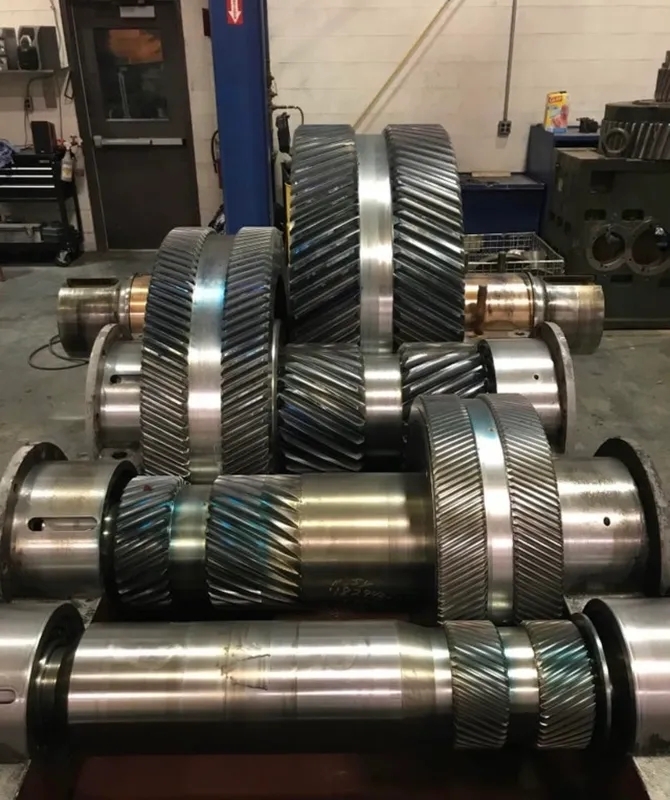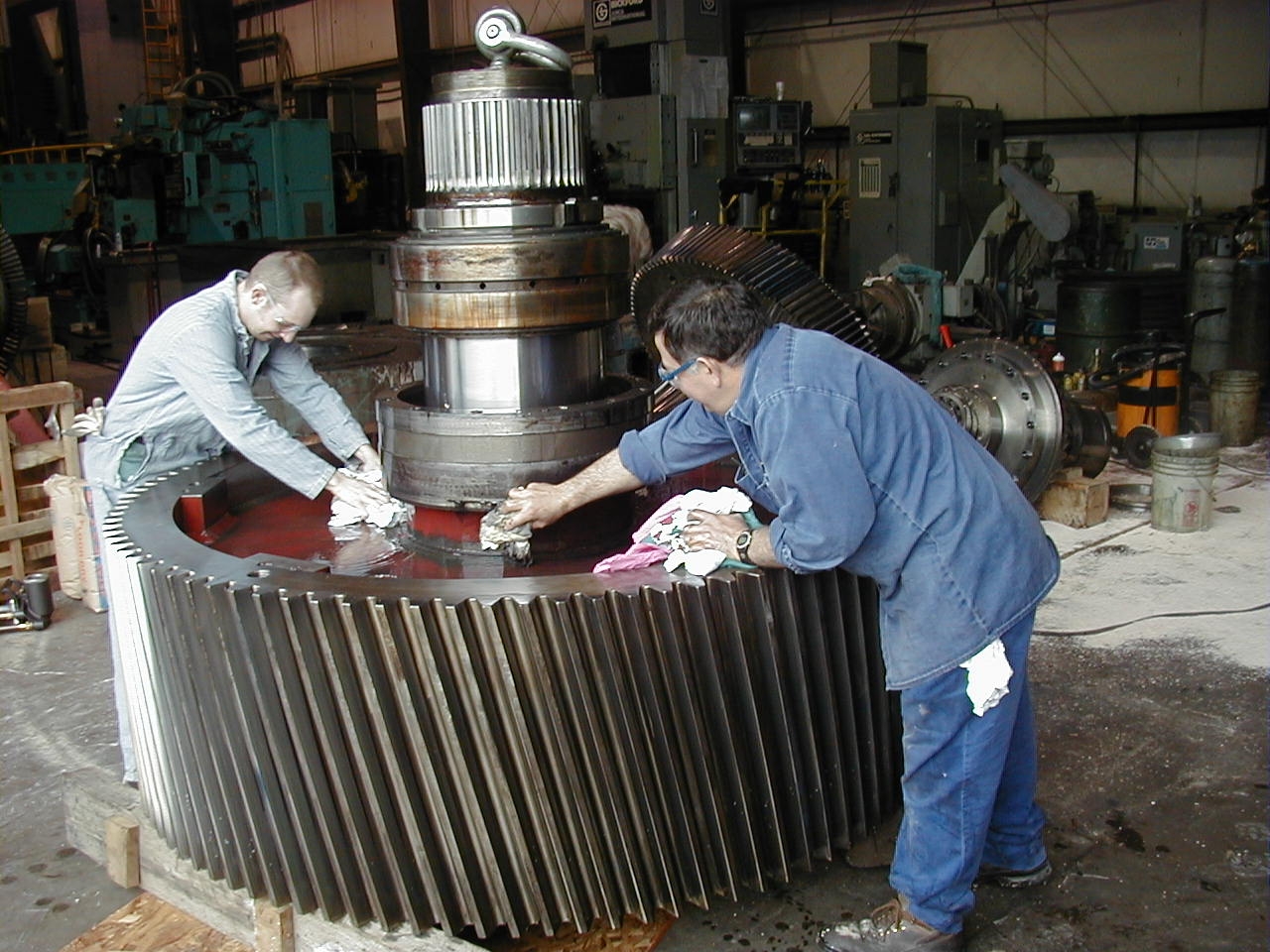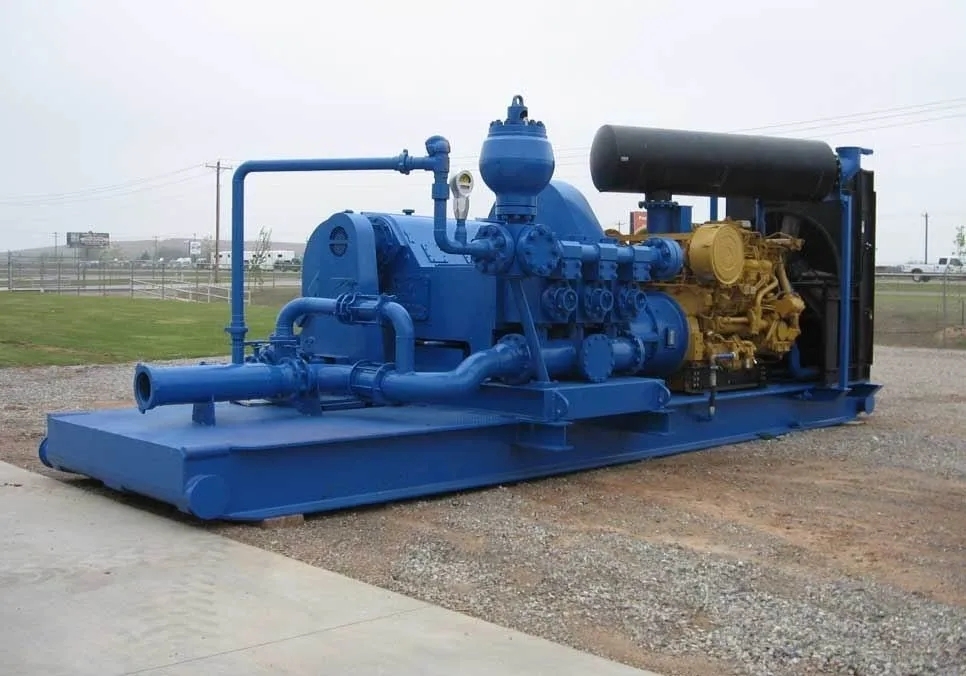

Roller refurbishment can significantly improve the efficiency of a metal rolling mill by restoring the surface quality of the rollers, ensuring proper alignment, and reducing wear and tear. This process helps to maintain consistent product quality, increase production output, and minimize downtime due to roller-related issues. By refurbishing rollers, the rolling mill can operate at optimal performance levels, leading to cost savings and improved overall productivity.
Common signs that indicate rollers in a rolling mill need refurbishment include surface pitting, cracks, uneven wear patterns, and decreased product quality. If the rollers show signs of damage or deterioration, such as vibrations, noise, or irregular product dimensions, it is essential to consider refurbishment to prevent further issues and maintain the efficiency of the rolling mill.
Tompkins County poised for manufacturing boom with Menlo Micro and Micron investments “Menlo Micro announced a significant investment of over $50 million to establish a fabrication facility in Lansing, near Ithaca, New York, signaling a major boost for the local manufacturing workforce.” Read more Plug Power wins $75 million grant from DOE “The Latham hydrogen … NYS Manufacturing and Tech News 3.11.24 Read More »
Posted by on 2024-03-15
We continue our blog series on the great work of our New York State assets in Advanced Materials across the state. This week, we feature the work of Rensselaer Polytechnic Institute (RPI) in Troy, NY, and their work on next generation building technology with an aim to decarbonize the built environment. This includes working with … Advanced Materials Strengths and Assets in NYS: Focus on Rensselaer Polytechnic Institute Read More »
Posted by on 2024-02-28
Embark on an enlightening exploration of New York’s economic transformation with special guest Alyson Slack from MRB Group, as we uncover the past and present of the state’s manufacturing sector. Together with FuzeHub’s Steve Melito we chart the course from a robust production history to a burgeoning service-oriented economy, all while acknowledging manufacturing’s lasting contributions … Podcast: Building Better Economies Read More »
Posted by on 2024-03-18
New $25M beauty manufacturing and innovation hub for Black- and women-owned businesses coming to Brooklyn Navy Yard “The Brooklyn Navy Yard is set to be home to a new $25 million state-of-the-art manufacturing, incubator, and accelerator facility focused on helping Black- and women-owned health and beauty businesses launch and grow in New York City.” Read … NYS Manufacturing and Tech News 3.4.24 Read More »
Posted by on 2024-03-08
In our third feature in our New York State Assets blog series on Advanced Materials, we focus on the groundbreaking work at the University at Buffalo. Their Department of Materials Design and Innovation focuses on accelerating lab discoveries into practical engineering applications. They are pioneering new approaches in material science education and research, leveraging technologies … Advanced Materials Strengths and Assets in NYS: Focus on University at Buffalo Read More »
Posted by on 2024-03-06
Materials typically used for refurbishing rollers in a metal rolling mill include high-quality steel alloys, carbide coatings, and specialized thermal spray coatings. These materials are chosen for their durability, hardness, and resistance to wear, ensuring that the refurbished rollers can withstand the harsh operating conditions of the rolling mill and maintain their performance over an extended period.

Rollers in a metal rolling mill should be refurbished regularly to maintain optimal performance and prolong their lifespan. The frequency of refurbishment depends on factors such as the type of material being rolled, the operating conditions of the mill, and the quality standards required. Generally, it is recommended to schedule refurbishment at regular intervals to prevent excessive wear and ensure consistent product quality.
The potential risks of not refurbishing rollers in a metal rolling mill in a timely manner include decreased product quality, increased downtime, higher maintenance costs, and potential safety hazards. Neglecting roller refurbishment can lead to more frequent breakdowns, reduced production efficiency, and ultimately, loss of revenue for the rolling mill. It is crucial to prioritize roller maintenance to avoid these risks and maximize the performance of the mill.

Specific maintenance practices can help prolong the lifespan of refurbished rollers in a metal rolling mill, such as regular cleaning, lubrication, and alignment checks. By implementing a proactive maintenance schedule and monitoring the condition of the rollers closely, operators can identify potential issues early on and address them before they escalate. Proper maintenance can extend the service life of the rollers and ensure consistent performance of the rolling mill.
The refurbishment process for rollers in a metal rolling mill differs from the initial manufacturing process in several ways. During refurbishment, the focus is on repairing surface damage, restoring dimensional accuracy, and improving the overall condition of the rollers. This may involve processes such as grinding, welding, thermal spraying, and precision machining to achieve the desired results. Unlike manufacturing, refurbishment aims to extend the lifespan of existing rollers rather than creating new ones from scratch.

When it comes to handling repairs for industrial furnaces, the process typically involves diagnosing the issue, sourcing the necessary replacement parts, and conducting the repair work in accordance with manufacturer specifications. This may include tasks such as inspecting the combustion chamber, checking the heating elements, calibrating the temperature controls, and ensuring proper ventilation. Technicians may also need to troubleshoot electrical components, repair insulation, or address any issues with the fuel supply. It is important to follow all safety protocols and regulations while performing these repairs to ensure the continued safe and efficient operation of the furnace. Regular maintenance and inspections can help prevent the need for major repairs and extend the lifespan of the equipment.
Diagnosing issues with industrial dust collectors involves a thorough inspection of the system, including checking for clogs, leaks, worn-out filters, and malfunctioning components such as fans, motors, and control panels. Technicians may use diagnostic tools like pressure gauges, airflow meters, and particle counters to assess the performance of the dust collector. They will also examine the overall condition of the equipment, looking for signs of corrosion, rust, or structural damage that could affect its efficiency. Additionally, analyzing the dust collected in the system can provide insights into the type of particles being captured and any potential issues with the filtration process. By conducting a comprehensive evaluation of the industrial dust collector, technicians can pinpoint the root cause of any problems and recommend appropriate solutions to optimize its performance.
When it comes to handling repairs for industrial cooling towers, maintenance technicians typically follow a systematic approach to ensure optimal performance and efficiency. This process may involve conducting regular inspections, identifying any issues such as leaks, corrosion, or mechanical failures, and then implementing appropriate repairs or replacements. Common repair tasks may include fixing damaged components, replacing faulty parts, cleaning or replacing filters, adjusting water flow rates, and ensuring proper alignment of fans and motors. Technicians may also perform preventive maintenance to prevent future issues and extend the lifespan of the cooling tower. Overall, a proactive and thorough approach to repairs is essential to keep industrial cooling towers operating smoothly and effectively.
The welding equipment serviced by the company includes MIG welders, TIG welders, stick welders, plasma cutters, welding helmets, welding gloves, welding jackets, welding electrodes, welding rods, welding machines, welding torches, welding consumables, welding accessories, welding gas cylinders, welding regulators, welding cables, welding tips, welding nozzles, welding hoses, welding clamps, welding chipping hammers, welding brushes, welding magnets, welding tables, welding carts, welding safety equipment, welding tools, and welding supplies. The company offers maintenance, repair, and calibration services for a wide range of welding equipment to ensure optimal performance and safety for its customers.
The company services a wide range of packaging machinery brands, including but not limited to Bosch, ProMach, Krones, Multivac, and Ishida. Our team of experienced technicians is well-versed in servicing various types of packaging equipment such as fillers, sealers, labelers, and conveyors. We are committed to providing top-notch maintenance and repair services for all major packaging machinery brands to ensure optimal performance and efficiency for our clients in the packaging industry.